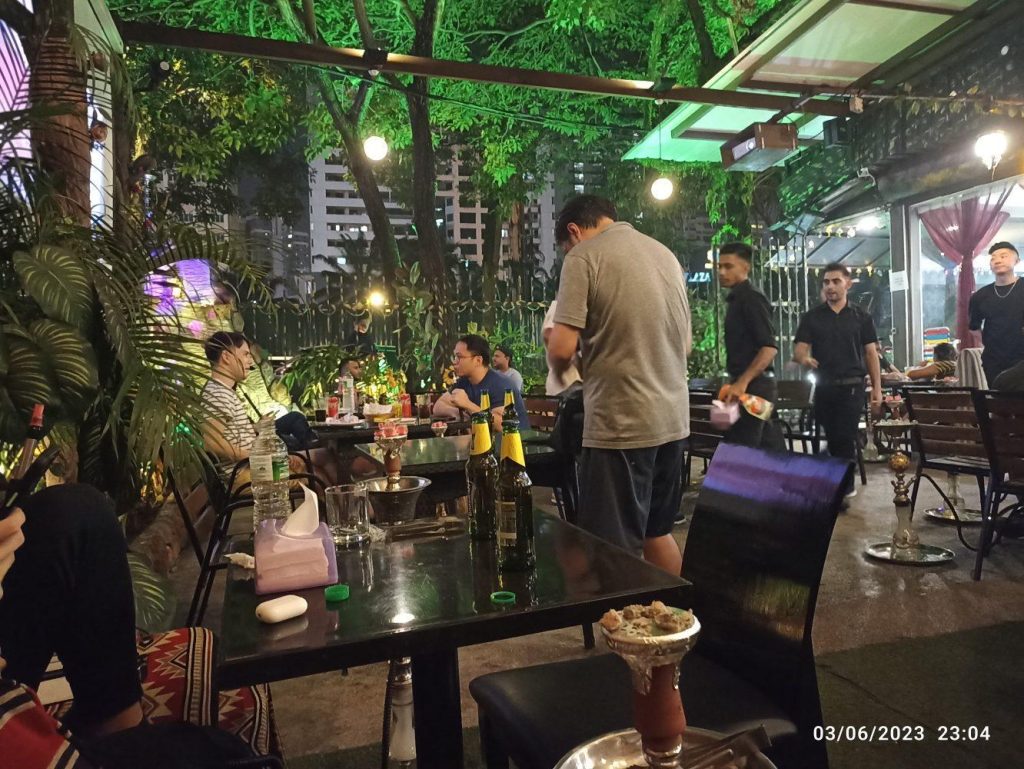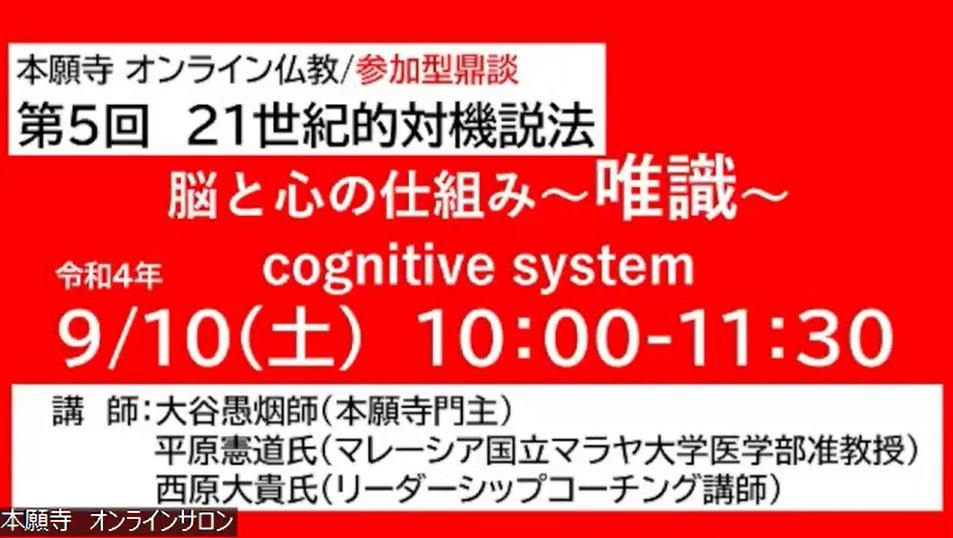素材記事:https://greatergood.berkeley.edu/article/item/how_to_get_good_at_conflict
写真クレジット:Photo by jean wimmerlin on Unsplash
I think it is quite an interesting trend. “That is, learning to sit with the discomfort of disagreement is a vital skill we should all develop, and understanding how to build resilience in the face of conflict is a much more realistic goal than agreement or resolution.” It is and will be highly valued, and lots of research is underway.
In fact, as diverse values have become so visible, especially in developed countries, it is better not to try to quickly arrive at an easy solution, which will lead to more conflicts later on. And disconnection and separation are the result.
In the end, if you keep avoiding conflicts or expect too much “to be 100% agreement,” you end up parting ways and working against each other as “enemies” afterwards, which also disperses and hurts the limited organizational resources.
The bickering will also continue for a long time, and in the case of a company, one of them will have to leave. Therefore, this “ability to move on despite conflict” is and will be an more and more important perspective.
なかなか面白いトレンドだと思います。「That is, learning to sit with the discomfort of disagreement is a vital skill we should all develop, and understanding how to build resilience in the face of conflict is a much more realistic goal than agreement or resolution.」でして、今は中途半端にコンフリクトを解決しようとせず、たくさんの同意がない状態でも、その中で忍耐強く自分を保てるかどうかというスキルが重宝されており、研究も進んでいます。
実際、ここまで多様な価値観が、特に先進国において目につくようになっているので、簡単な解決法にさっさとたどり着こうとする方が、後々さらにコンフリクトを増やすんですよね。そして、断絶や隔絶が帰結してしまう。
結局、葛藤を避け続けたり、「満場一致」を期待しすぎると、物別れに終わってしまい、互いに「敵」としてその後はワークし合うことになるので、限られた組織リソースも分散して傷んでしまうんですよ。
いがみ合いもずっと続くことになり、会社の場合であればどちらかが去るということになってしまう。よって、この「葛藤がありながらも先に進める能力」は大事な視点ですよね。








